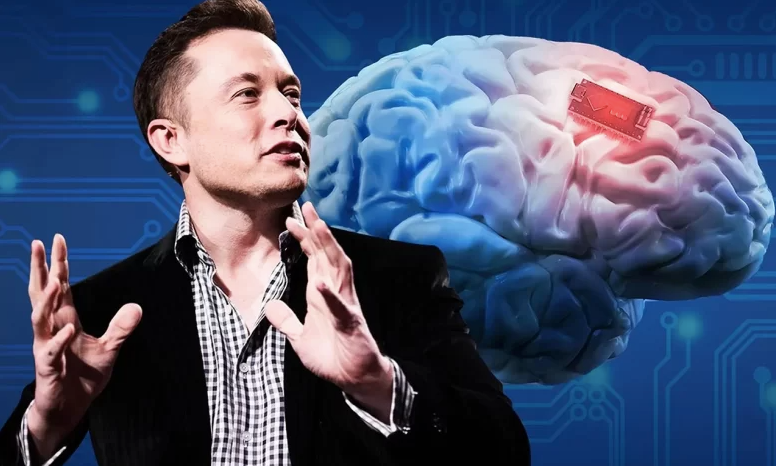|
Getting your Trinity Audio player ready...
|
Neuralink, Elon Musk’s brain chips company, has received approval from the US Food and Drug Administration (FDA) to conduct its first human tests, marking a significant step forward in the firm’s ambitions to connect brains with computers. Neuralink aims to restore vision and mobility to individuals by using microchips to interpret brain signals and transmit information to external devices.
Although the company does not have immediate plans to recruit participants, the FDA approval signals a positive development for Neuralink. Previously, the company’s bid for FDA approval was reportedly rejected on safety grounds. However, Neuralink has made progress in testing its microchips in monkeys and hopes to leverage this technology to treat conditions such as paralysis and blindness. Additionally, it aims to assist individuals with disabilities in utilizing computers and mobile technology.
The microchips developed by Neuralink are designed to interpret brain signals and facilitate communication with external devices via Bluetooth. This breakthrough technology has potential applications beyond restoring physical abilities, as Elon Musk has suggested it could help address concerns related to AI displacement.
Neuralink announced the FDA approval on Twitter, describing it as an “important first step” that will eventually benefit many people. The company expressed gratitude to its team and highlighted its commitment to safety, accessibility, and reliability during the engineering process. While Neuralink has yet to reveal specific plans for trial participants, it promises to provide further information in the near future.
Experts have emphasized the need for extensive testing to address technical and ethical challenges before Neuralink’s brain implants can be widely accessible. The company has faced setbacks in realizing its ambitious timeline, having initially planned to implant chips in human brains in 2020. Subsequently, Neuralink revised its timeline to commence operations in 2022.
Neuralink has faced scrutiny in the past, with investigations into alleged animal welfare violations. However, the recent FDA approval for human tests aligns with a breakthrough achieved by Swiss researchers. A paralyzed man from the Netherlands was able to walk through the use of brain implants that wirelessly transmitted his thoughts to his legs and feet.
While the journey toward widespread implementation of brain-computer interfaces requires further development and rigorous testing, Neuralink’s FDA approval represents a significant milestone in the field of neurotechnology. It opens up possibilities for individuals suffering from various conditions to regain physical abilities and achieve greater independence through the integration of technology and the human brain.
The success of the Swiss researchers in enabling a paralyzed man to walk through brain implants demonstrates the potential of such technology in transforming the lives of individuals with disabilities. These recent breakthroughs highlight the growing interest and investment in the field of neurotechnology, with researchers and companies exploring innovative ways to harness the power of the human brain.
While Neuralink’s journey towards realizing its vision still faces challenges, including technical hurdles and ethical considerations, the FDA approval for human testing signifies a step forward in the company’s mission. Elon Musk’s ambitious venture continues to capture the imagination of the public and scientific community alike, sparking discussions about the future possibilities and implications of brain-computer interfaces.
The ability to restore mobility and senses through neural implants represents a paradigm shift in medical science. By directly interfacing with the brain, these technologies hold promise not only for individuals with disabilities but also for enhancing cognitive abilities, treating neurological disorders, and advancing our understanding of the human mind.
As Neuralink progresses with its human trials, the focus will be on ensuring safety, efficacy, and long-term viability. The data and insights gathered during these tests will inform further refinements of the technology and contribute to ongoing scientific research in the field.
The advancements made by Neuralink and other pioneering companies in neurotechnology highlight the immense potential for innovation at the intersection of neuroscience and computing. As more resources and attention are directed toward this field, it is likely that we will witness further breakthroughs that could revolutionize healthcare, communication, and human capabilities.
While the journey towards fully functional brain-computer interfaces may still be a long one, the strides being made by companies like Neuralink underscore the importance of pushing boundaries and exploring the frontiers of scientific knowledge. The convergence of technology and the human brain has the potential to redefine what it means to be human and open up new possibilities for human potential and well-being.
